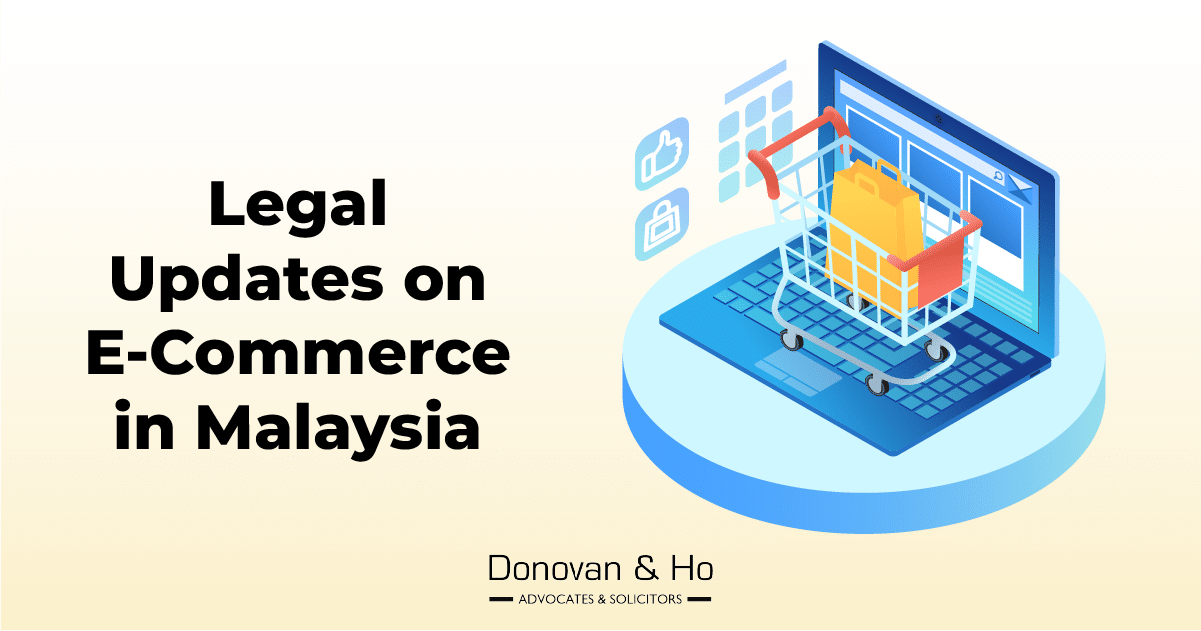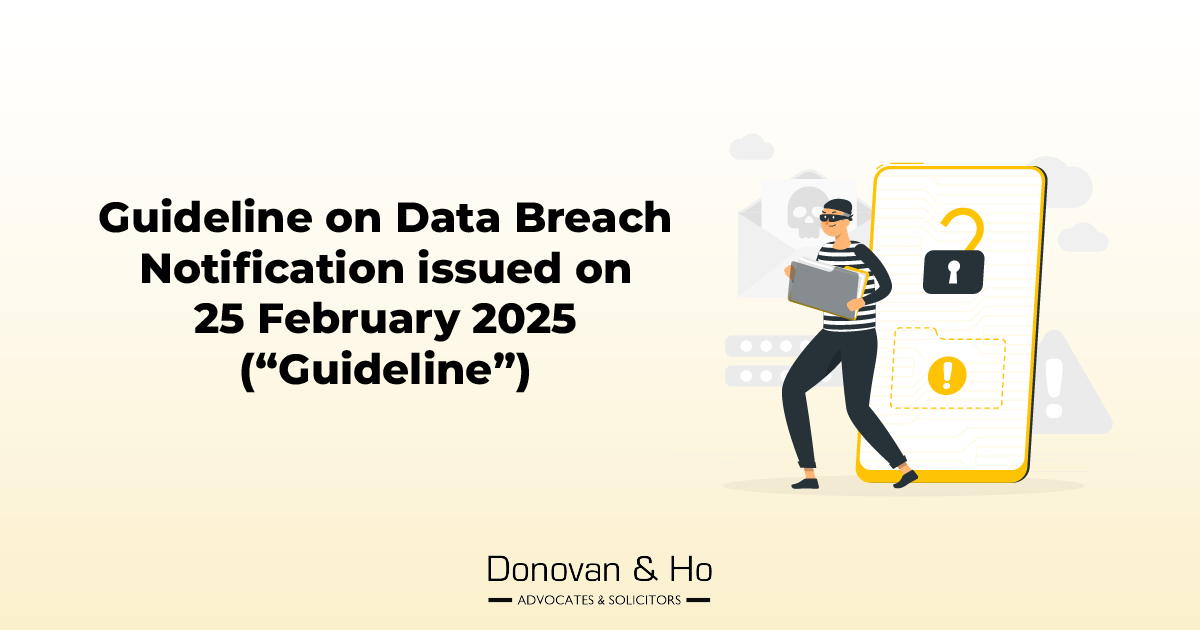This article is relevant to businesses that conduct trade or advertise through electronic trade platforms. It provides an overview of the key legal obligations and compliance requirements under the Consumer Protection (Electronic Trade Transaction) Regulations 2024 (“2024 Regulations”).
Key Changes
The 2024 Regulations came into force on 25 December 2024, revoking the Consumer Protection (Electronic Trade Transactions) Regulations 2012 (“2012 Regulations”). As a subsidiary legislation under the Consumer Protection Act 1999, the 2024 Regulations aim to regulate trade activities and strengthen consumer protection in the “online marketplace”. The scope of “online marketplace” applies to multi-vendor platforms that effect or facilitate ecommerce ‘trade’ transactions through a shared electronic platform, but does not typically extend to single-vendor e-commerce sites or non-transactional platforms.
Below is a comparison of the key differences between the 2012 and 2024 Regulations:
|
Aspect |
2012 Regulations |
2024 Regulations |
Analysis |
|
Scope |
Defined “online marketplace” as a website where goods or services are marketed by third parties for the purpose of trade. |
Defined “online marketplace” as any electronic trade platform that is conducted through electronic means by any supplier. |
The 2024 Regulations arguably have a broader scope of application, as they no longer only cover “websites” while “electronic trade platforms” include both websites as well as other ecommerce applications such as Lazada or Shopee, and potentially even tiktok, facebook and instagram if these multi-vendor platforms that effect or facilitate ‘trade’ transactions. |
|
Applicability |
Only defined “online marketplace operator” as a person who provides an online marketplace (“Operators”) |
Introduced definitions for both “online marketplace operator” and “online marketplace supplier”. “online marketplace supplier” refers to any person who conducts a trade or advertisement through an online marketplace (“Suppliers”). |
The 2024 Regulations provide greater clarity by expressly distinguishing between and regulating both platform operators and sellers or advertisers. |
|
Disclosures requirements for Suppliers |
Basic Suppliers and product information required. |
Detailed mandatory disclosures: business registration, contact details, product description, full pricing, payment methods, terms and conditions, estimated delivery, safety/health certifications. |
Imposes higher disclosure requirements to enhance consumer protection and transparency. |
|
Language used for disclosure |
Unspecified |
Mandatory use of Bahasa Malaysia, with optional translations. |
Foreign businesses may need to engage translators or local consultants. Operators may need to update templates, auto-fill fields, and interfaces to accommodate Bahasa Malaysia. Enforcement of this requirement has been temporarily postponed (as of June 2025). |
|
Suppliers’ Duties |
Suppliers are required to:
|
In addition to the 2012 requirements, Suppliers are required to:
|
Imposes higher duty on Suppliers to improve consumer protection. |
|
Operators’ Duties |
Minimal |
Operators are now legally obligated to ensure Suppliers’ disclosure compliance, monitor advertisements, provide complaint channels for purchasers and maintain records of Suppliers for 3 years. |
Imposes additional compliance responsibilities and monitoring obligations on Operators. |
Implications for Businesses:
Penalties for Non‑Compliance: Under Regulation 9 of the 2024 Regulations, a breach constitutes an offence under the Consumer Protection Act 1999, carrying penalties of:
- Up to RM100,000 in fines and/or
- Up to 3 years’ imprisonment for individuals
- Stiffer penalties for repeat violations
Updating Websites that enable online trade: Businesses which trade on multi-vendor marketplace websites, platforms and applications that enable ecommerce or online trade, should revisit their terms and conditions to evaluate compliance with the 2024 Regulations, focusing on disclosures, language policies, return policies, and complaint-handling procedures.
Additional Operational Impacts:
- Marketplace Operators must update their suppliers’ user interfaces to accommodate Bahasa Malaysia disclosure requirements, overhaul onboarding processes to maintain Suppliers’ records, audit product information quality, and maintain complaint-handling systems.
- Marketplace Suppliers must enhance internal systems to track orders, manage records, handle return logistics, ensure advertisement compliance and comply with Bahasa Malaysia disclosure requirements.
Conclusion:
The 2024 Regulations expand business obligations and enhance consumer protection. While enforcement of the Bahasa Malaysia requirement is currently paused, full compliance remains essential as non-compliance could lead to penalties. Businesses should review their policies, documentation, and operational workflows to mitigate compliance risk.
***
This article was written by Low Rui Thong (Associate) with assistance from Wendy Chan (Intern) from Donovan & Ho’s corporate practice.
Our corporate practice group advises on corporate acquisitions, restructuring exercises, joint venture arrangements, shareholder agreements, employee share options and franchise businesses, Malaysia start-up founders and can assist with venture capital funds in Seed, Series A & B funding rounds. Feel free to contact us if you have any queries.






